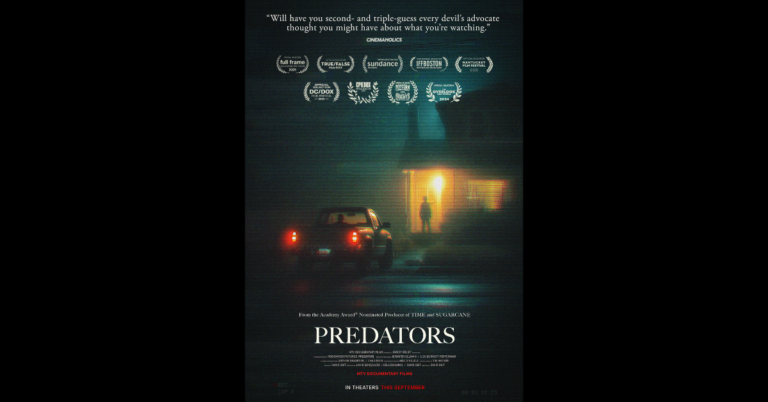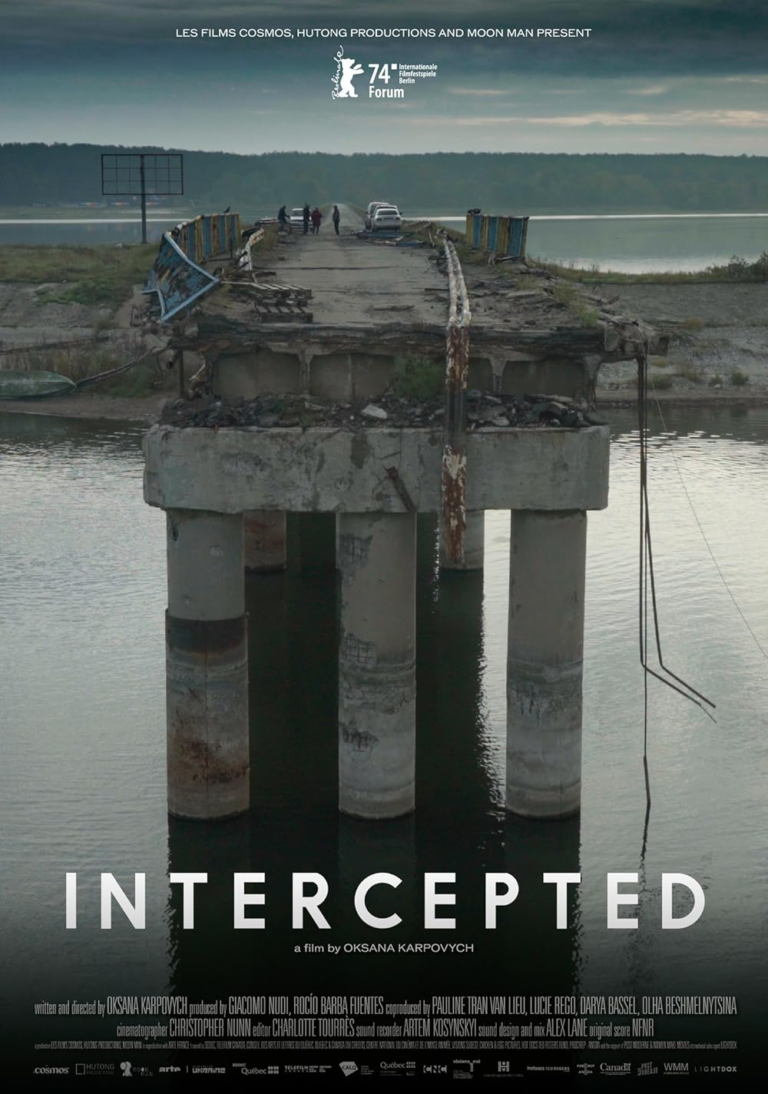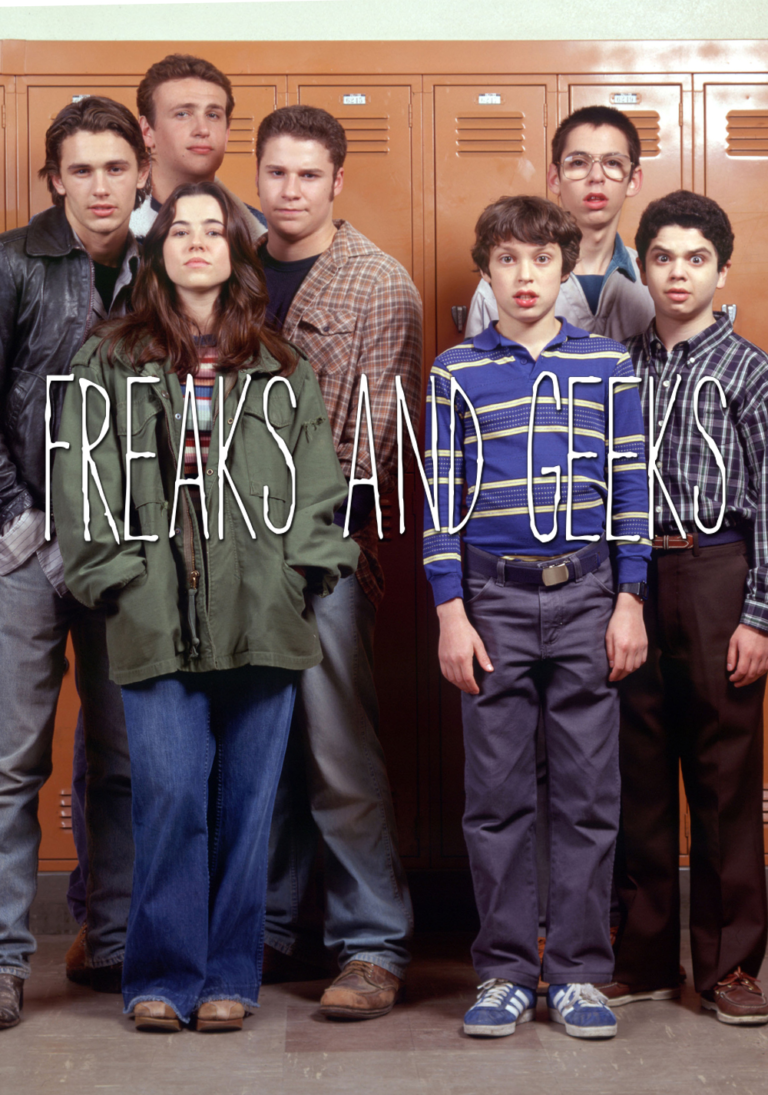Last Call: When A Serial Killer Stalked Queer New York Christian Review

True crime series are a dime a dozen these days. If you scroll through Netflix or Hulu, it’s a genre cluttered with dramatizations of heinous acts, sprinkled with voyeuristic curiosity and a macabre thrill. But Last Call: When a Serial Killer Stalked Queer America is cut from a different cloth. It’s not just about recounting cold-blooded murders or the jaw-dropping moments in a courtroom; it’s a deeper dive. This four-part series, helmed by director Anthony Caronna, pulls back the curtain on something far more harrowing: how society itself becomes an accomplice to horror through indifference and neglect.
As Christians, we often look at the world through a dual lens: recognizing evil and sin for what it is, but also holding out hope for redemption and justice. That’s why this series is compelling — and disturbing — in its own right. Caronna doesn’t present a glorified hunt for a killer. He doesn’t let viewers off the hook with tidy resolutions or give them the satisfaction of seeing justice prevail neatly in the end. Instead, Last Call unearths a sobering reality: the apathy and prejudice of the broader society allowed these crimes to slip under the radar. For years.
Human Stories Behind the Headlines
When the opening credits start to roll, we’re introduced to a grim period in American history — the early 1990s, a time when queer people were still fighting for basic recognition, let alone respect. And then, there’s a killer on the loose, preying on vulnerable gay men. You can imagine the horror, the fear gripping the community. But what’s worse? The fact that the mainstream media and law enforcement turned a blind eye, barely flinching until the body count forced them to acknowledge something was wrong.
Caronna makes sure that Last Call isn’t just about the murders. It’s about the victims — their hopes, their quirks, the families left grieving in silence. There’s a unique tenderness in how the series peels back the layers of these men’s lives, almost as if it’s restoring to them a dignity that had been callously stripped away. We get snippets of their passions, their dreams, and their complicated relationships. They’re no longer just the “gay men murdered by a serial killer,” a moniker that’s almost offensive in its simplicity. These were beloved sons, brothers, and friends, each a unique individual made in God’s image (Genesis 1:27).
It’s tough to watch at times, especially because there’s no Hollywood-style redemption arc. There’s just loss. Deep, hollow loss that lingers. And that’s where the series stands apart. The pain is palpable, and the injustice burns slow. The message sinks in: these men were forsaken twice — once by their killer and again by the very people sworn to protect them.
Anger and Compassion Intertwined
True crime often succumbs to sensationalism, either glorifying the predator or making the victims an afterthought. Not here. What Last Call does best is balancing righteous anger with compassion. You can feel the simmering frustration, not just with the killer — who remains terrifyingly elusive for a large part of the narrative — but with the institutions that could have, should have, intervened earlier. Why were these murders swept under the rug for so long? Because they were happening to “people like that.” It’s an ugly truth that the series doesn’t flinch away from.
For Christians, this raises hard questions. Jesus reached out to those on the fringes, those deemed unworthy or unclean by society (Mark 2:16-17). He stood with the oppressed and demanded justice where there was none. Last Call serves as a bitter reminder that our modern institutions, and sometimes even the Church, can be complicit in neglecting the marginalized. There’s no way to sugarcoat it — the victims were treated as less-than, because of who they were, and that negligence paved the way for a killer to go on unchecked.
The Conundrum of True Crime as Entertainment
Let’s pause for a moment and address something else. There’s a weird tension here. We’re consuming this as entertainment, aren’t we? Sitting on our couches, popcorn in hand, peeking into someone else’s trauma. Is that okay? As believers, we’re called to pursue what is true, noble, right, and pure (Philippians 4:8). But where does that leave us when it comes to true crime?
Last Call doesn’t give easy answers, and maybe that’s the point. It doesn’t feel exploitative, nor does it wallow in the gruesome details. There’s a certain restraint, a care that’s rare for the genre. Caronna’s work feels like it has a purpose beyond just shocking the viewer. His choice to keep the spotlight on the victims’ humanity and not the killer’s cruelty is a statement: We should remember these men not because of how they died, but because of who they were. Still, it’s unsettling to grapple with the fact that we’re consuming real pain for our “education.” There’s an inherent tension there, one that each viewer needs to navigate thoughtfully.
The Bigger Picture: A History of Neglect
One of the standout elements of Last Call is its ability to contextualize the crimes. This isn’t just a “bad man does bad things” story. Instead, it’s rooted in the socio-political landscape of the time. The series delves into the historical prejudices, the AIDS crisis, and the systematic marginalization of queer communities. The implications hit hard: What does it say about society when certain lives are deemed less worthy of protection?
It’s impossible to ignore how this reflects broader systemic issues. When one part of the body suffers, the whole body suffers (1 Corinthians 12:26). That’s how we’re supposed to see it, right? Yet, the world often sees some parts of the body as dispensable. And here, that attitude proved fatal. The documentary is almost prophetic in the way it shines a light on the institutions that failed these men — and are still failing people like them today.
Justice That Never Comes
There’s no satisfying conclusion here. No grand moment of victory where the scales of justice are balanced. The killer was caught, yes, but the emptiness left behind feels immense. The series doesn’t end with closure; it ends with a reminder of all that’s still broken. The victims’ families were left to grapple with unanswered questions, their pain compounding with each year that the case dragged on.
For a Christian audience, this lack of resolution can be uncomfortable. We’re used to stories of redemption and healing, narratives where good triumphs over evil. But real life doesn’t always conform to our expectations. The cries of the oppressed and the mourning of the broken-hearted (Isaiah 61:1) often go unheeded. Last Call confronts us with that harsh reality and asks us to sit in that discomfort, to let it spur us toward being better advocates for justice and mercy.
Final Thoughts: Not for the Faint of Heart
At the end of the day, Last Call is an emotional, gut-wrenching watch. It’s not for everyone. Some might find the themes too distressing, or the focus on LGBTQ+ issues conflicting with their theological viewpoints. But if you can approach it with an open heart, it’s worth the watch. Because it’s not just about queerness, or crime, or even justice — it’s about humanity. It’s about remembering those who’ve been forgotten and demanding that no one else be forsaken the way these men were.
So, is it a typical feel-good watch for a Friday night? No. But it’s necessary. Necessary because it reminds us that every single life — no matter the background, orientation, or status — has value. And as Christians, that’s something we should always be ready to stand up for.
Rating: 8/10
Compassionate, unflinching, and challenging. A must-watch — but proceed with discernment.




